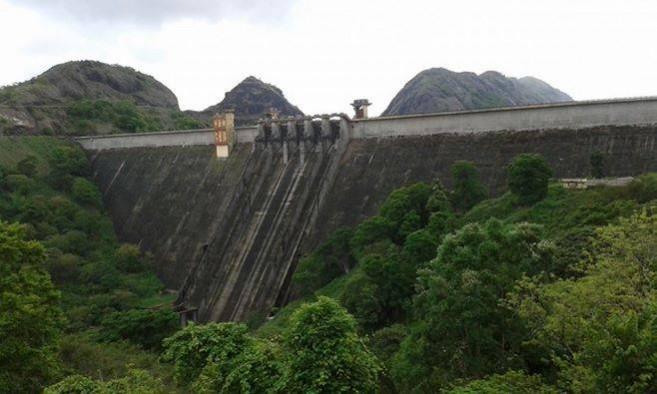Nostradamus was a French seer who lived in the 16th century. He wrote his first book named 'Les Propheties' in 1555, and this book contains quatrains that predict future events. Many of his followers believe that Nostradamus has successfully predicted several world events like The Great Fire of London, the French Revolution, the rise of Hitler, and the September 11, World Trade Center attacks. Now, a section of netizens believes that Nostradamus, in one of his quatrains had warned about the collapse of the Mullaperiyar dam in Kerala.
Did Nostradamus predict waterbomb explosion?
People who propagate the predictions of Nostradamus claim that the 16th-century seer had foreseen the collapse of the Mullaperiyar dam, which could spread chaos in the state of Kerala. As per these believers, Nostradamus predicted an earthquake that could hit Kerala in July 2020, and it could result in the collapse of the mighty dam.

According to these believers, the collapse of the Mullaperiyar dam will happen in the month of July 2020, during the time of monsoon in Kerala. These people also claim that this tragic event could claim the lives of more than 50 lakh people.
It should be noted that the Kerala government has been involved in a legal battle to obtain permission to build a new dam in the site, as authorities strongly believe that the dam is not capable enough to withstand the pressure exerted by water. However, Tamil Nadu has several times asserted that there is no need to build a new dam, and the state argues that the dam is strong enough to withstand water up to 142 feet.
Are these predictions true?
Even though social media users are convinced about a possible collapse of the Mullaperiyar dam in the near future, skeptics argue that Nostradamus has not talked about this tragedy in his quatrains.
International Business Times, India edition, also checked the online copy of Nostradamus' prophecies, and we failed to find any such quatrains that describe the possibility of a dam collapse.
















